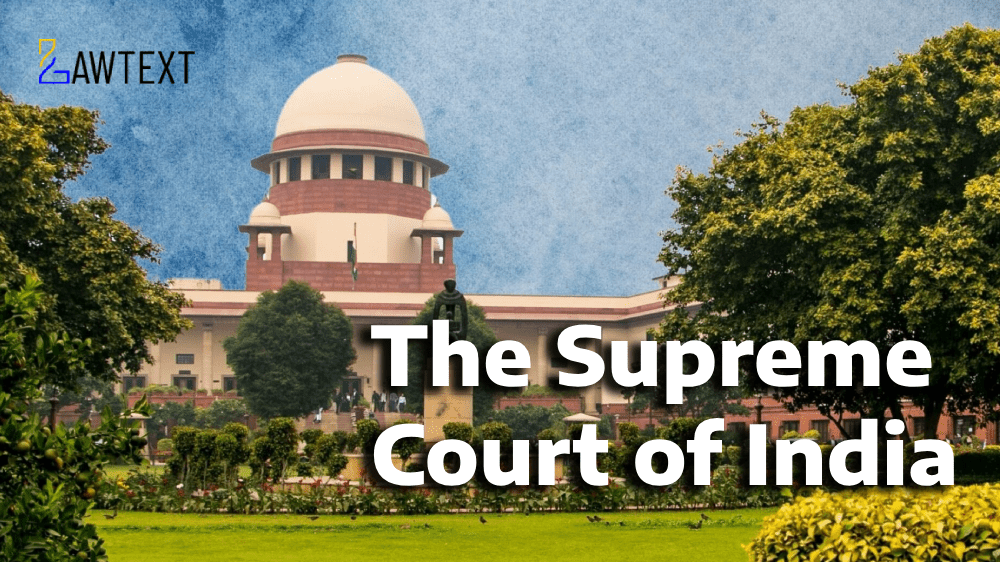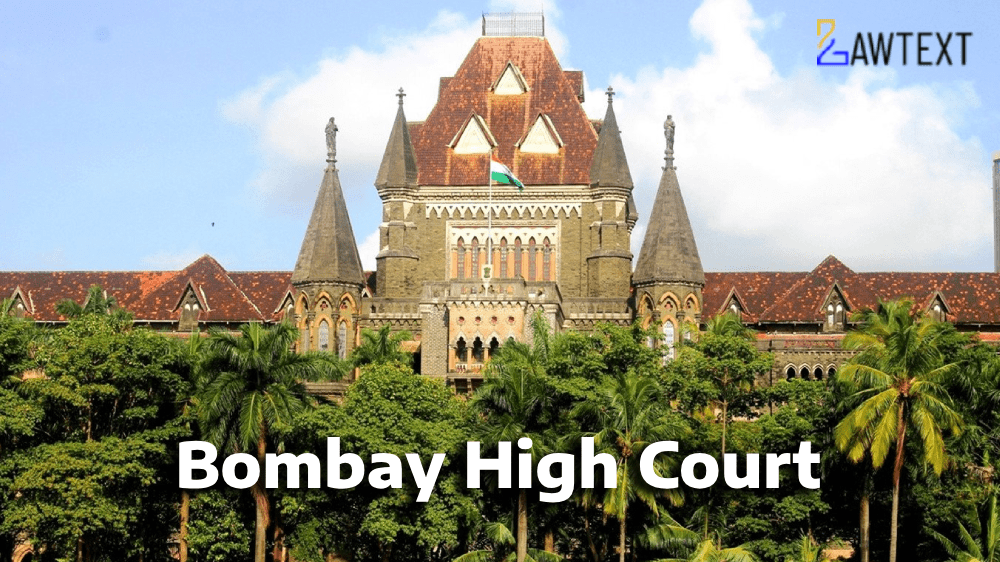Case Note & Summary
The Supreme Court addressed the issue of substitution of legal representatives in a Second Appeal pending before the Patna High Court. The case involves a dispute over the title of property and the legal representation of the deceased defendant, Swami Shivdharmanand Ji Maharaj. The High Court had previously substituted both claimants, Swami Satyanand Ji Maharaj and Swami Triyoganand Ji Maharaj, as legal representatives. However, this was later challenged, and the Supreme Court had remitted the case back to the High Court, instructing it to substitute only one claimant based on the findings of the Trial Court and objections raised.
The High Court, after reconsideration, substituted Swami Satyanand as the legal representative, but the procedure adopted by the High Court was challenged again, particularly because it failed to consider objections properly and passed the order without addressing the pending substitution application after Swami Triyoganand's death.
The Supreme Court ruled that the procedure followed by the High Court was improper and remitted the matter back to the Patna High Court for fresh consideration. The Court clarified that substitution under Order 22 Rule 5 is for the limited purpose of representing the deceased’s estate and does not confer any substantive right over the property in question.
1. Leave Granted:The Supreme Court granted leave to hear the appeals challenging the Patna High Court's decision in a Second Appeal related to substitution of legal representatives.
2. Background:The appeals arose from a Second Appeal pending before the Patna High Court involving a title suit over property in Bihar. The Trial Court had dismissed the suit, and the First Appellate Court had decreed it in favor of the plaintiffs.
3. Death of Defendant & Successor Claims:Swami Shivdharmanand, the original defendant in the case, passed away, leading to two claimants—Swami Triyoganand and Swami Satyanand—seeking to substitute as his legal representative in the ongoing Second Appeal.
4. Trial Court Report:The Patna High Court directed the Trial Court to conduct an enquiry under Order 22 Rule 5, CPC, to determine the legal representative of Swami Shivdharmanand. The Trial Court found Swami Satyanand to be the legal representative, and this finding was submitted to the High Court.
5. High Court Decision:On 30.01.2019, the Patna High Court upheld the Trial Court’s findings and substituted Swami Satyanand as the legal representative, disregarding the claim of Swami Triyoganand and his LR.
6. Death of Swami Triyoganand:While the High Court passed the order, Swami Triyoganand had already passed away. The High Court ignored a pending application to substitute his legal representative, and proceeded with the order favoring Swami Satyanand.
7. Applications by Appellant:Swami Vedvyasanand, claiming to be Swami Triyoganand's legal representative, filed applications to substitute himself in place of Swami Triyoganand and to recall the High Court’s order. Both applications were dismissed.
8. High Court's Dismissal Reasoning:The High Court dismissed the substitution and recall applications, stating that the Trial Court had already identified Swami Satyanand as the legal representative, leaving no need for further consideration.
9-10. Limited Purpose of Substitution:The Supreme Court emphasized that substitution under Order 22 Rule 5 CPC is solely for the purpose of continuing the case and does not confer any title to the property.
11-12. Procedural Issues:The Supreme Court noted that the Patna High Court, while substituting Swami Satyanand, did not correctly follow the procedure outlined by Order 22 Rule 5 CPC and ignored objections from other parties.
13-14. Error in Procedure:The Supreme Court observed that the High Court failed to evaluate the objections to the Trial Court's report and did not properly address the pending substitution application of Swami Triyoganand's legal representative.
15-17. Appellate Court’s Duty:The Supreme Court clarified that the Appellate Court must make an independent decision after considering the Trial Court's report, objections, and all relevant materials. The Patna High Court misread its own procedural mandate.
18. Supreme Court’s Ruling:The Supreme Court set aside the High Court’s orders from 19.06.2019 and 30.01.2019 and remanded the matter back for a fresh decision on the substitution issue, without commenting on the merits of either party's claims.
Acts & Sections Discussed: Order 22 Rule 5, Civil Procedure Code (CPC):This provision deals with the substitution of legal representatives in a case following the death of a party. The court must determine who the legal representative is, either on its own or by directing a subordinate court to conduct an enquiry. Ratio Decidendi:The Supreme Court emphasized the importance of proper procedural compliance in determining substitution under Order 22 Rule 5 of CPC. The role of substitution is limited to ensuring the continuation of proceedings and does not confer any substantive rights to the property in question. The Appellate Court must independently assess the Trial Court’s report and objections before deciding on substitution.
Issue of Consideration: Swami Vedvyasanand Ji Maharaj (D) Thr Lrs. Versus Shyam Lal Chauhan & Ors
Premium Content
The Issue of Consideration is only available to subscribed members.
Subscribe Now to access critical case issues







